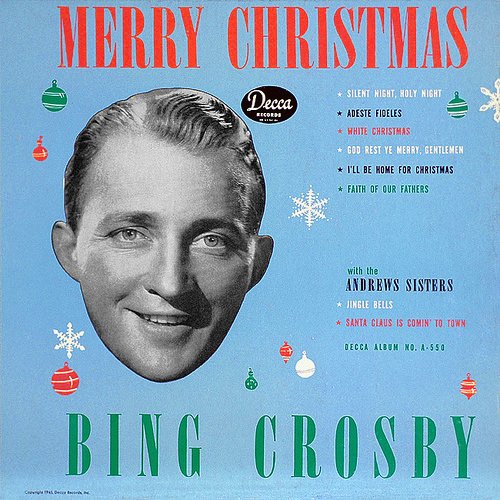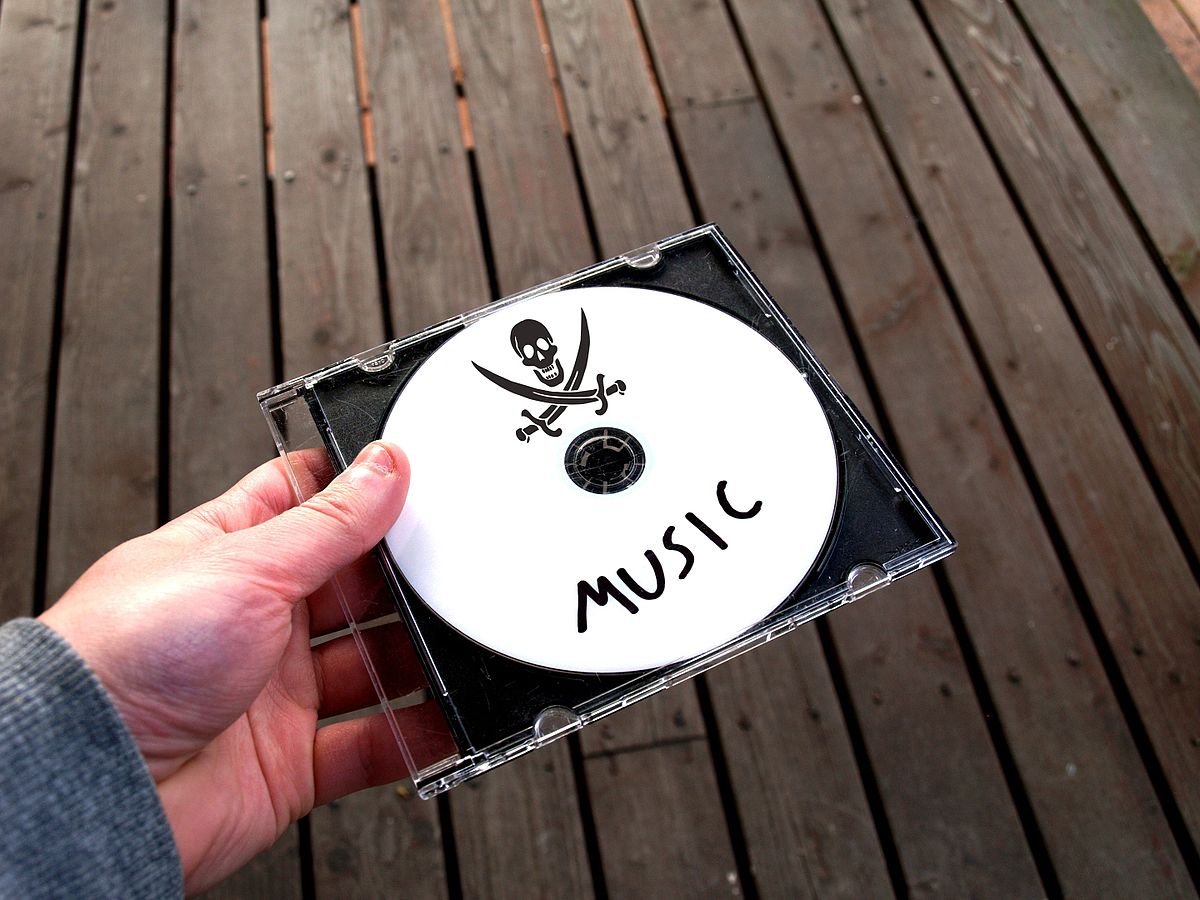If you write songs or record music, you’re part of an exciting industry of artists that can inspire individuals, companies, and, yes, even the world. Congratulations!
But, you may not be aware that there is also another part of the music industry: The rather complex world of music rights. In this world, every piece of music composed is embedded with nuanced copyright implications.
But how do music rights work? How do they generate income? Do they protect artists or open them up to liability? These are head-spinning questions, but don’t stress. These 5 facts about music rights should give you some clarity.

1. There are Two Sets of Music Rights
One of the most important facts to understand about music rights is that it is divided into two parts. Understanding these two key differences will help you maximize your profits and save time. The two parts of music rights are 1) composition rights and 2) recording rights. Let’s begin with the former.
Composition rights cover the actual composition of music and any corresponding words or lyrics that have been created by a songwriter/composer. This category can include two copyrights in itself, the words to the song and the melody. But for our purposes here, a composition right covers whoever wrote the song and the lyrics.
The recording (or master) rights cover the recording of the composition by an artist and their record company. This is not necessarily the person who composed the song. For example, Dolly Parton wrote the composition (the music and lyrics) to “I Will Always Loves You.”
Whitney Houston and her record company recorded a version of Dolly Parton’s composition. In this case Houson’s recording company owns the sound recording rights to “I Will Always Love You,” while Dolly Parton and her publisher own the composition rights.
Sometimes one person can hold both the composition and sound recording rights, in which case they are lucky because then they receive double the cash flow.

2. “White Christmas” is the Top Royalty Earning Song of All Time
“Happy Birthday” became public domain in 2016 and subsequently lost its status as a highest royalty earning song in history. After this, Irving Berlin’s Christmas classic “White Christmas” assumed the top royalty earning song of all time.
With over 100 million copies sold, it will likely remain number one royalty-earning song until it, too, enters public domain. The only other royalty earning song to come close to this success is Elton John’s’ Candle in Wind, which he wrote in 1973 in memory of Marilyn Monroe and then re-recorded it in 1997 after Princess Diana died.
Once a piece of music enters the public domain (either when its rights expire or if they have been expressly waived), anyone may use it free of charge.

3. When it comes to Music Rights, Copyright is Automatic
In the United States, and in most other countries, once an idea become reproducible, the creator automatically owns the copyright. In other words, copyright is automatic. It may be important to note that you can’t copyright an idea, only the actual production of an idea.
While a composer automatically becomes the copyright owner, ownership can be changed. This means that rights can be transferred from the the original owner to another entity, usually in return for money.
Additionally, if you want to file suit against an infringer, an artist needs recognition from a copyright office. In the U.S., an artist can do this through the U.S. Copyright Office.
Luckily, it’s pretty straightforward to file a copyright. The directions are here. An artist does not need to put a copyright sign (©) by his or her work. It is easier to prosecute an infringer in court if they do so though.

4. Advances Can Hold Your Rights Hostage
Royalty lenders love to tell artists that they can “keep all your rights.” However, this is usually only true if an artist pays the royalty lender back the advance on their own terms. Remember, an advance is NOT free money.
It is basically a loan or an investment in an artist. If an artist turns out not to be a good investment, the royalty lender can hold the artist’s rights hostage until they recoup their money. Sometimes, they will add on extra penalties and fees, which could make the initial advance even larger and more difficult to repay.

5. Music Piracy Remains A Huge Problem
Piracy has a long history–even Beethoven was troubled with people who pirated his work and sapped his income. Even today with the growing popularity of legally streaming music, music piracy remains a chronic problem. In 2017, music piracy grew a whopping 15%, with nearly 17 billion visits to piracy sites worldwide.
According to Music Watch, in the U.S. alone, 20 million people get music through peer-to-peer file sharing networks, and just 7.7 million Americans paid for a music subscription.
Record companies are constantly working with advertisers, domain registrars, Internet service providers and search engines to curb piracy and create effective laws that protect the rights of musicians and their work.

The music world is full of beauty, sound, and majesty, but companies, artists, and listeners should have a clear understanding of music rights to avoid hitting the wrong note with any potential lawsuits or legal issues.
Watch this space for updates in the Music category on Running Wolf’s Rant.
Like what you just read? Subscribe To Our Newsletter to stay in the loop.
Feel free to explore our website or check out our Featured Articles.
Looking for a gift for that special person in your life? Check out Netflorist.co.za, South Africa's top online florist and gift service. They offer flowers, gifts, and hampers for all occasions AND reliable nationwide delivery.



